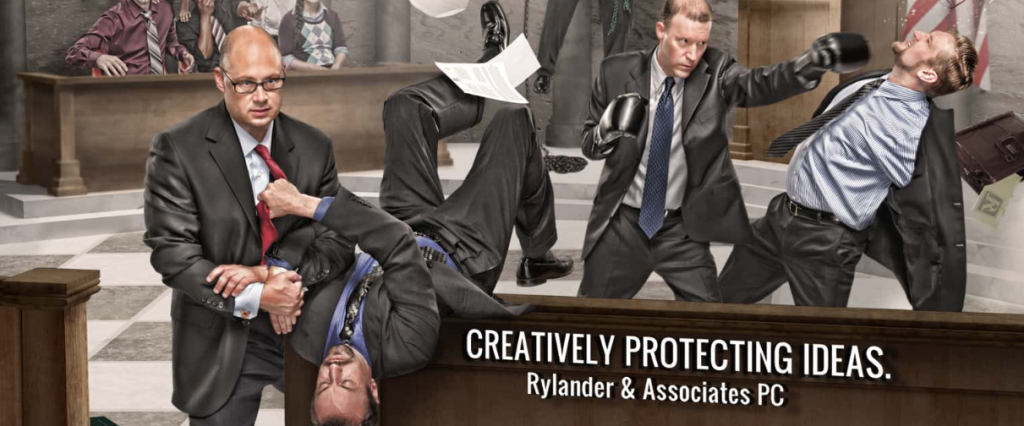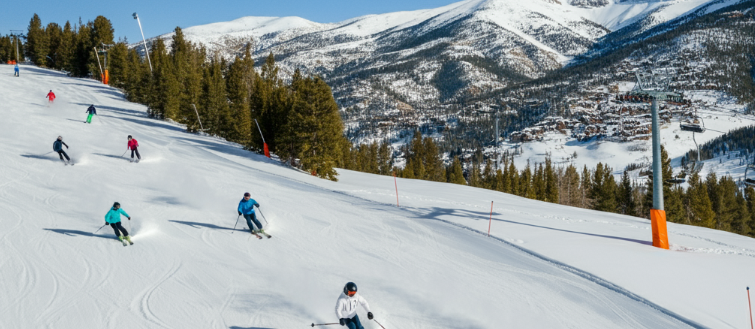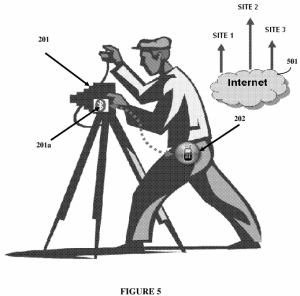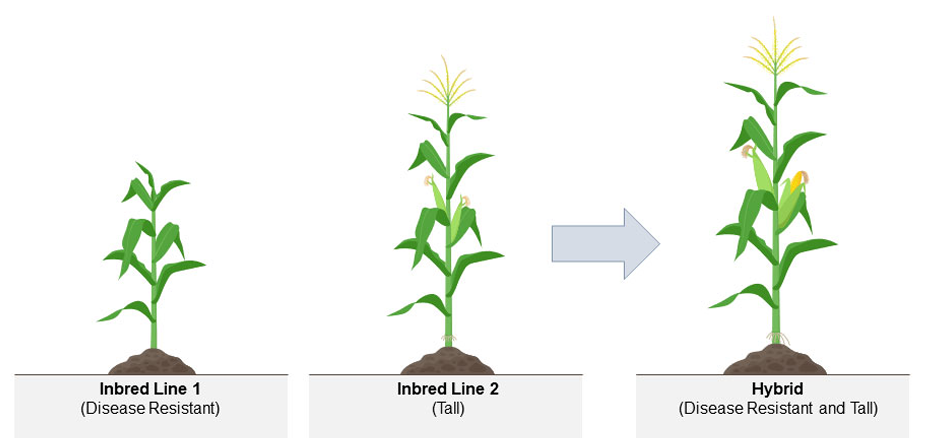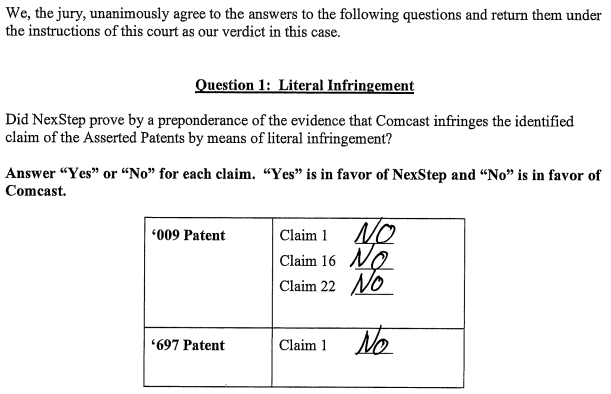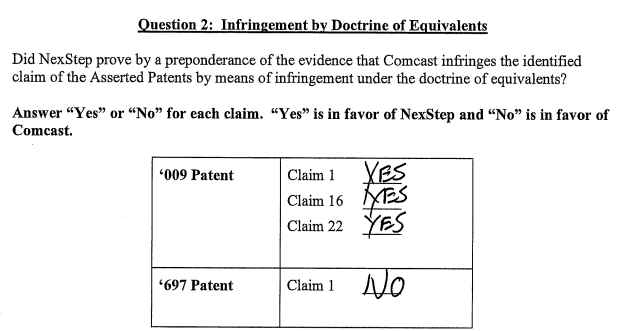by Dennis Crouch
The Federal Circuit's pending en banc review in EcoFactor v. Google is heating up, to address fundamental questions about the reliability standards for expert damages testimony in patent cases. The case highlights growing tensions between robust judicial gatekeeping under Federal Rule of Evidence 702 and the Constitutional right to a jury determination of all facts at issue. At base, Google is seeking to create additional procedural hurdles and appeal off-ramps that help them avoid large damage awards.
In its en banc order, the court directed the parties to brief whether the district court properly applied Rule 702 and Daubert v. Merrell Dow Pharmaceuticals, 509 U.S. 579 (1993) in admitting testimony from EcoFactor's damages expert deriving a per-unit royalty rate from portfolio license agreements. The case presents a critical opportunity for the Federal Circuit to clarify when damages theories "cross the line" from permissible approximation to unreliable speculation.
Google has now filed its opening brief, arguing that EcoFactor's damages testimony failed to meet Rule 702's reliability standards in two key respects: its use of portfolio license "whereas" clauses that contradicted the operative terms of the agreements and its unsupported assumption that various "pressures" on the royalty rate would offset each other. The brief emphasizes that these methodological flaws rendered Kennedy's opinions purely speculative and therefore inadmissible under both Daubert and the recently amended FRE Rule 702.
To continue reading, become a Patently-O member. Already a member? Simply log in to access the full post.
